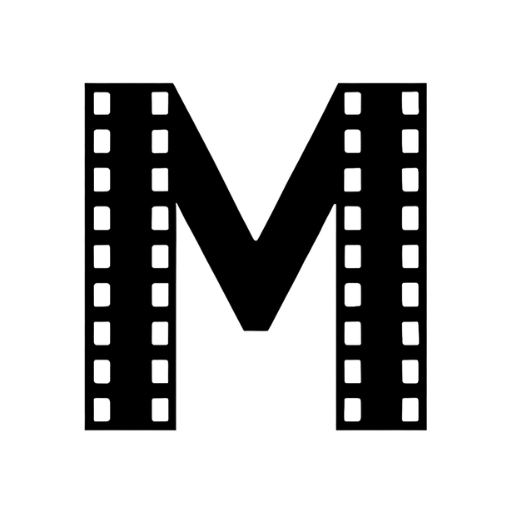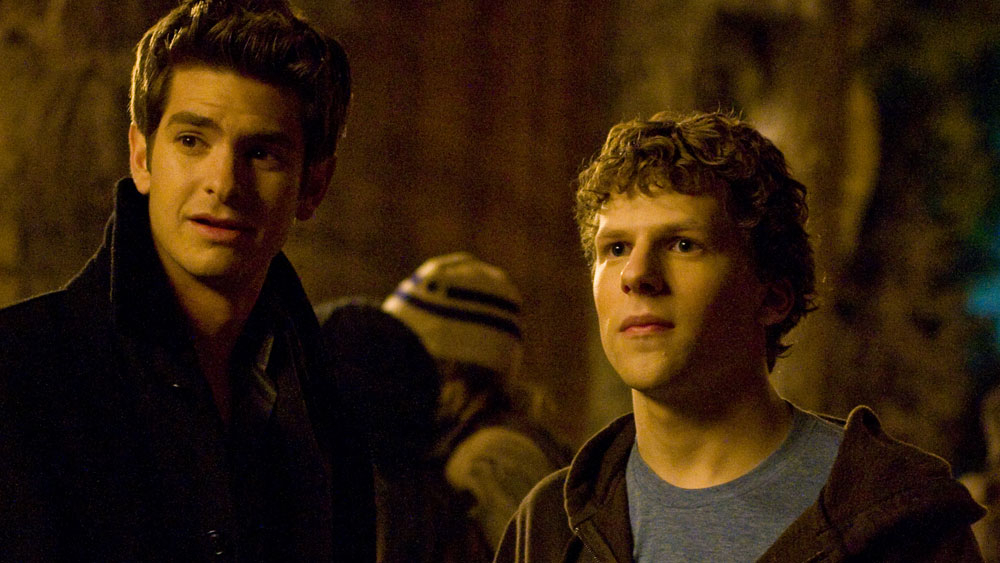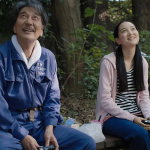The Social Network is a 2010 American psychological drama about the creation of Facebook. Written by Aaron Sorkin, based on Ben Mezrich’s book The Accidental Billionaires, and directed by David Fincher, it stars Jesse Eisenberg as Mark Zuckerberg, alongside Andrew Garfield and Justin Timberlake.
Though criticized for inaccuracies about Zuckerberg and Facebook’s founding, the film is widely praised for its direction, acting, editing, and especially its screenplay.
It won Best Picture (Drama), Best Director, Best Screenplay, and Best Score at the 68th Golden Globes. At the 83rd Academy Awards, it took home awards for Best Adapted Screenplay, Best Film Editing, and Best Original Score.
My Thoughts
The film revolves around an app familiar to most of us: Facebook. Like many tools and inventions, it has both upsides and downsides—traits tied to its creator, Mark Zuckerberg.
I doubt the movie captures past events with pinpoint accuracy, but its plot isn’t entirely far-fetched when you consider Facebook’s growth and impact. Some truths, even smoothed over, remain starkly real.
A Hacker’s Holiday
Sharing information helps us connect but also leaves us vulnerable. Who we share with, how it’s used, and whether it’s truly needed for the relationship are questions any rational person should weigh.
Yet, after a blow to his youthful ego (dumped by his girlfriend), college student Mark turned ordinary heartbreak into an extraordinary act: reshaping the world. He wanted a realm where he ruled, rather than waiting for some elite clique to deem him special and validate his worth.
Pain, a dash of tragedy, sharp intellect, fierce creativity, timely support, and, of course, the “magic wand” of tech helped Mark prove he wasn’t ordinary.
In every exchange with others, Mark strikes me as shrewd, eager to take charge, and hard to label as dishonest—until his decisive betrayal. He seems the type loyal to one creed: rule others or be ruled.
His mind is a machine of cold, precise calculations, optimized to the point of ruthlessness. Even John Wick might have more heart than this seemingly harmless student.
His idea—voiced by his ill-fated friend Eduardo Saverin—was to create a space where they could pick people like items off a shelf. “The Facebook” users would willingly label and package themselves, flaunting it online for others to browse.
No need to steal data—it’s laid bare like an open goldmine. Hackers must admire Mark’s “think different, do different” move.
Eduardo’s opening smile fades as he enters a lawsuit against Mark. He mentions their once-precious friendship, but both know it’s not about mending bonds—it’s about settling scores.
The lawyers in the film handle it coolly and professionally (I even catch a silent smirk of irony). They’ve seen this play before: no one sues at the broke startup stage. Only when success and wealth roll in do old allies turn, firing real shots once the sugarcoating melts away.
One Goal: Profit
While Eduardo pushes for ad revenue, Mark hesitates, seeking something bigger. Enter Sean Parker. Seasoned and sly, he grasps Mark’s ambition in a way Eduardo, his closest friend, never does.
Once he knows what Mark wants, Sean acts. He voices Mark’s desires, passing the test to join the inner circle. Mark needs others to articulate his aims—he’s all about efficiency, masking his hunger. His restraint dodges early career messes, unlike the lavish “Wolf of Wall Street.”
They expand, crushing obstacles and discarding early allies—from Eduardo to the Winklevoss twins.
For Mark, the easier someone is to work with, the simpler they are to cut loose. When Sean’s arrested with drugs, Mark’s chillingly calm: “Go home.” He doesn’t join the party but knows where Sean is and what he’s doing.
Sean overestimated his street-smarts against Mark’s uncanny mind. Mark cares little for “team spirit” or loyalty. He’s brutally pragmatic, ditching others before they can ditch him.
Is Mark Successful?
Emotionless Intelligence
Mark Zuckerberg is wildly successful. He wields borderless power online and vast wealth in reality. Yet, he seems to wear an emotionless mask.
The one moment I sense feeling is when, alone in a room, he sends a friend request to his ex, Erica Albright. They couldn’t be lovers or even friends, despite him building Facebook.
A frail boy emerges, driven to prove himself, growing lonelier with every triumph. He excels in his career, but his path to success costs him human connection.
If intellect without emotion defines relationships, society loses compassion and selfless acts.
The equations enriching Mark bring success, but only people bring happiness. As Einstein said: “Not everything that counts can be counted, and not everything that can be counted counts.”
If only someone had loved and cared for Mark more. He could’ve lived his youth—grieving, floundering, drowning heartbreak in drink—then woken up to live like his peers, not vowing to upend reality with a virtual world. The film ends with two lawsuits, but we know Facebook’s legal battles didn’t stop there.
A genius with a beautiful soul is an angel. A genius with a dark soul is a devil.
In Place of a Conclusion
Building the vast internet took sacrifices. Programmers hunched over code, battling back pain and stress; founders and investors pushing tech to improve lives, working harder than most, yet risking ruin and debt.
Then there’s the toll: resources mined for machines, workers’ health eroded in toxic conditions assembling them.
Facebook gave much and took much. So does tech. In the film, Mark gains some things but loses others.
When will basics like health, environment, ethics, and education outrank tech advances? When will “less” replace “more” as humanity’s aim?
It’s an open question, not for corporations to answer, but for us. Do we use tech, or does it use us? Investing money in tech might yield money, but can time invested in tech reclaim time? Something to ponder if you’d pick the “blue pill.”
The Social Network is worth watching for fresh perspectives on Mark Zuckerberg. Though not wholly accurate, possibly misrepresenting his positive sides, I think this frustration is the “fruit” Mark reaps from planting Facebook’s “seed.”















